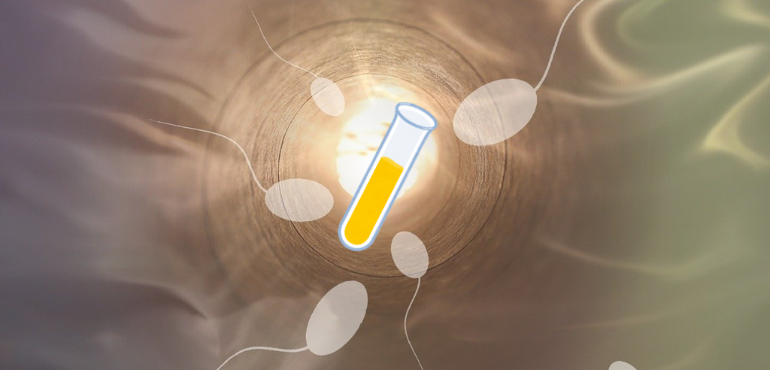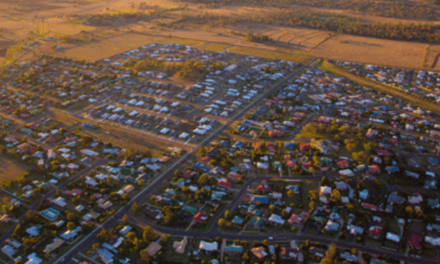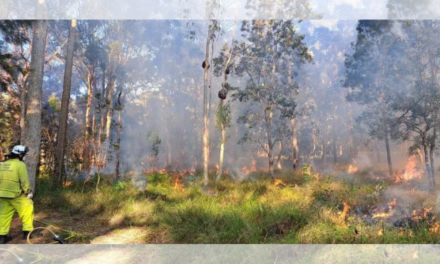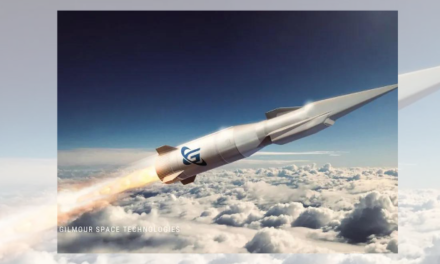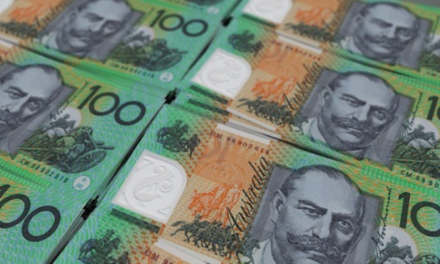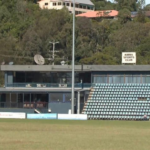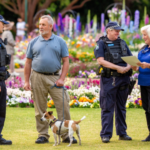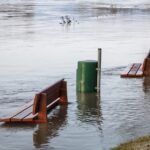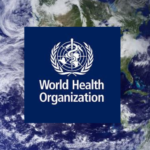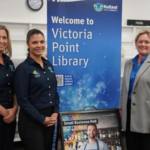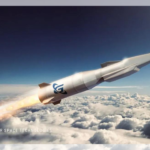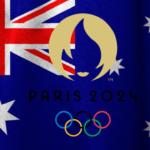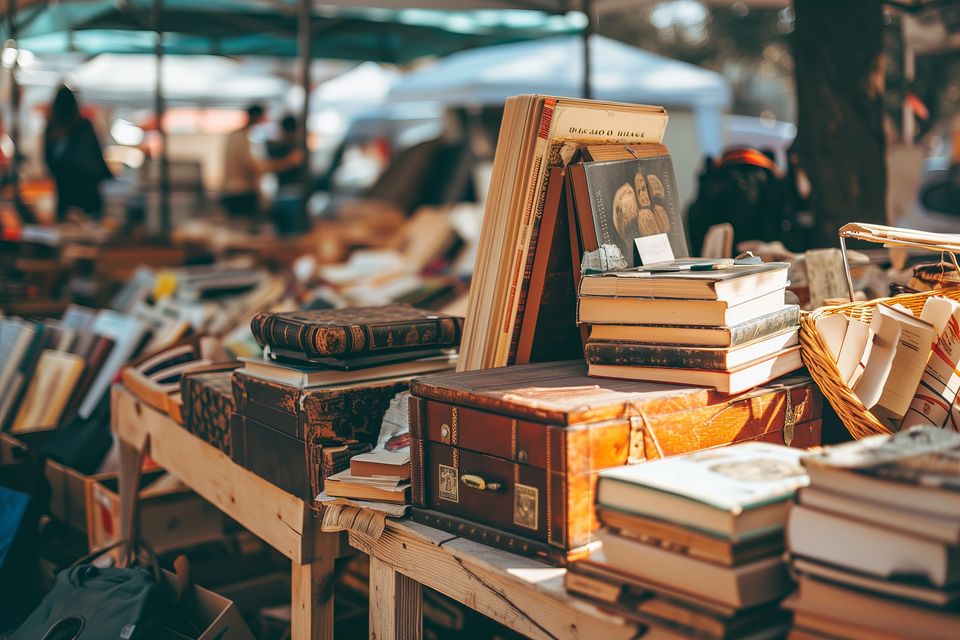Queensland, Australia — In an unprecedented move, Queensland has ordered the destruction of frozen sperm samples after an audit by the state’s health watchdog revealed that nearly half of fertility samples were at risk of misidentification.
This oversight poses significant risks, including the potential loss of crucial genetic information and medical records, and raises concerns about the possibility of accidental incest, according to advocates.
Queensland, home to one of Australia’s largest and self-regulated in vitro fertilisation (IVF) industries, is currently facing intense scrutiny.
Some of the state’s major fertility providers are now under investigation for alleged malpractice.
The purge adds pressure to a national shortage of donated sperm, a situation exacerbated by increasing demand, stricter regulations, and disruptions caused by the pandemic.
Government data indicates that one in six Australian couples struggle with infertility, leading many to rely on donor materials to conceive.
A recent inquiry by Queensland’s health ombudsman highlighted “systemic issues” related to the “quality and safety” of the fertility industry and its “safeguards for consumers, donors, and donor-conceived children.”
The report found that 42% of sperm donations, egg samples, and embryos in the state had “identification and traceability” problems.
These issues include misplaced or incorrectly labelled samples and materials that had degraded below acceptable standards.
The inquiry also revealed patient allegations against IVF providers, including failure to disclose donors’ medical conditions, misidentification of eggs and embryos, and sperm mix-ups.
One family reported that such errors led to them raising children with different biological fathers.
The ombudsman recommended that all fertility providers destroy any donor material that fails to meet current identification standards.
The report emphasised the profound impact on consumers and donor-conceived children, urging fertility providers to offer appropriate counselling to those affected.
While the exact number of sperm samples to be destroyed is not yet known, the ombudsman labelled “thousands” of samples frozen before 2020 as “high risk” due to non-compliance with double witnessing—a process requiring two IVF professionals to verify the correct labelling of patient materials.
Anastasia Gunn, a mother suing a Queensland fertility provider for allegedly receiving the wrong sperm in 2014, expressed her dismay at the findings.
Speaking to The Guardian Australia, she said, “It is scary to think how many patients may have unknowingly conceived with the wrong sperm. Why were the clinics not double-checking when they were making humans? The effects of these errors last for generations.”
News and image source: BBC

